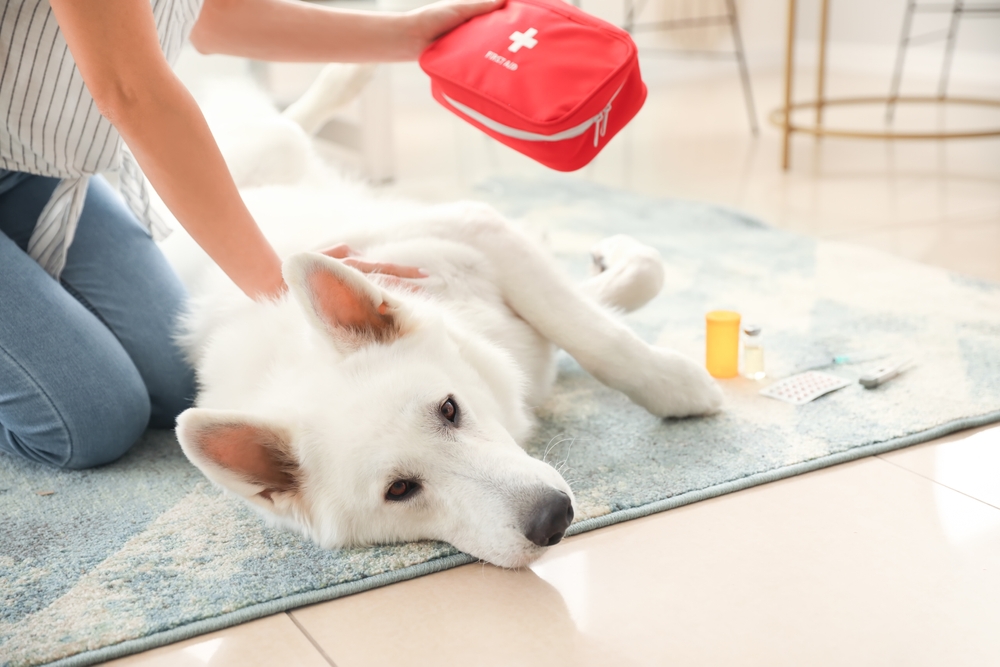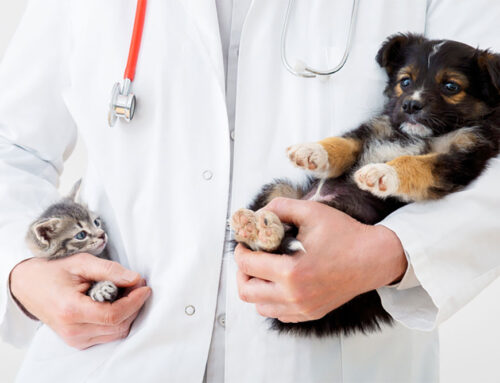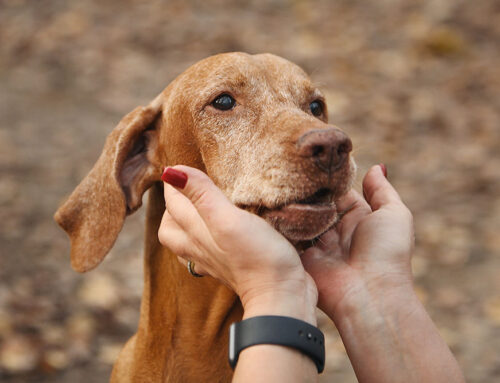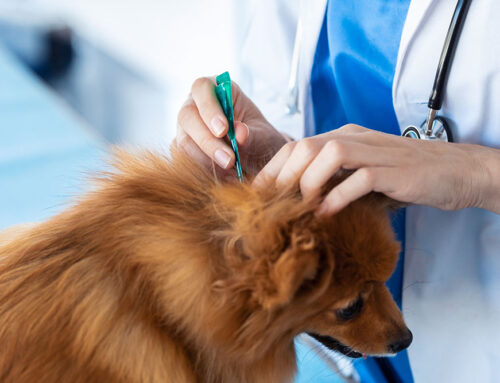Bringing home a new puppy or kitten is one of life’s greatest joys—but it’s also a big responsibility. These tiny companions are still developing physically and immunologically, which puts them at greater risk for certain health emergencies. Whether it’s a bad fall, a parasitic overload, or a sudden crash in blood sugar, knowing the signs of trouble and acting fast can make all the difference.
At Midtown Veterinary Hospital, we’re here to guide you through the early weeks and months of pet parenthood with expertise, compassion, and round-the-clock support when emergencies arise.
Why Puppies and Kittens Are More Vulnerable
Young pets have immature immune systems, limited fat reserves, and curious minds that can get them into dangerous situations. Their smaller size also means common problems escalate faster.
High-Risk Emergency Situations in Young Pets
- Underdeveloped immune systems → prone to infections
- High energy and clumsiness → frequent falls and injuries
- Exploratory behavior → risk of toxic ingestion or foreign body blockage
- High metabolism → vulnerable to hypoglycemia if they miss meals
Common Emergencies in Puppies and Kittens
1. Hypoglycemia (Low Blood Sugar)
Young pets—especially small and toy breeds—can develop dangerously low blood sugar if they skip a meal or expend too much energy.
Signs:
- Trembling, weakness, staggering
- Lethargy or confusion
- Seizures or collapse
What to Do:
Rub Karo syrup or honey on their gums and call your vet immediately. Severe cases may require IV glucose.
2. Flea Anemia
Fleas don’t just itch—they can drain enough blood to cause anemia, especially in kittens and small puppies.
Signs:
- Pale gums
- Weakness, fatigue
- Heavy flea infestation
Why It Matters:
Anemia can be fatal if not treated. Immediate flea control and supportive care are critical.
3. Parvovirus and Panleukopenia
These deadly viral diseases strike unvaccinated puppies and kittens and progress rapidly.
Signs in Puppies (Parvo):
- Bloody diarrhea, vomiting
- Severe lethargy
- Rapid dehydration
Signs in Kittens (Panleukopenia):
- Vomiting, fever
- Sudden lethargy
- Neurological signs in some cases
Action:
These are medical emergencies. Call your vet or emergency clinic immediately.
4. Intestinal Parasite Overload
Puppies and kittens are often born with or exposed to intestinal parasites.
Signs:
- Bloated belly
- Diarrhea, sometimes with worms
- Poor appetite or stunted growth
Parasites can quickly cause dehydration and malnutrition. Routine deworming is essential, especially in the first months of life.
5. Foreign Body Ingestion
Young pets love to chew. Toys, socks, string, or bones can become lodged in their gastrointestinal tract.
Signs:
- Vomiting
- Straining to defecate
- Lethargy, bloating
Foreign bodies often require surgery.
For advice on pet-proofing your home, see Essential Tips for Pet-Proofing Your Home – AAHA
Certainly! Here’s the revised section using URIs and CIRD (Canine Infectious Respiratory Disease Complex) terminology, formatted in markdown:
6. Upper Respiratory Infections (URIs) and CIRD
Upper respiratory infections (URIs) are common in kittens, especially those from shelters, rescues, or multi-cat environments. Similarly, Canine Infectious Respiratory Disease Complex (CIRD) affects puppies and dogs exposed to high-risk settings like kennels, daycares, or dog parks.
Signs in Kittens (URIs):
- Sneezing and nasal congestion
- Clear or cloudy nasal discharge
- Watery or irritated eyes
- Decreased appetite or activity
URIs in kittens are contagious and can worsen quickly, especially if they become dehydrated or stop eating. If your kitten shows labored breathing, persistent lethargy, or refusal to eat, seek veterinary care promptly.
Signs in Puppies (CIRD):
- Coughing (dry or moist)
- Nasal discharge
- Mild fever or lethargy
- Loss of appetite
CIRD is highly contagious but often manageable with supportive care. In severe cases, especially in young or immunocompromised puppies, it can progress to pneumonia and may require more intensive treatment.
For both conditions, early intervention helps prevent complications and shortens recovery time.
7. Trauma and Overexertion
Rough play, tumbles, or falls off furniture can cause fractures, sprains, or bruising.
Signs:
- Limping
- Reluctance to move
- Swelling or pain when touched
Use a pet carrier to minimize movement and seek prompt care. Mild injuries should still be evaluated to rule out serious damage.
Want to learn about more emergencies? Consult 13 Animal Emergencies Requiring Immediate Veterinary Care – AVMA.
General Signs of a Pet Emergency
If your puppy or kitten shows any of the following, call your veterinarian immediately:
- Difficulty breathing
- Seizures or collapse
- Vomiting or diarrhea lasting over 12–24 hours
- Not eating or drinking for more than 12 hours
- Lethargy or hiding behavior
- Bleeding that doesn’t stop after a few minutes
- Sudden behavioral changes
Still unsure? Learn how to conduct a DIY Dog Checkup – Kinship to monitor your pet at home.
How to Prepare for Pet Emergencies
Create a Pet First Aid Kit
- Karo syrup (for hypoglycemia)
- Digital thermometer
- Gauze and bandages
- Tweezers
- Contact info for Midtown Veterinary Hospital and nearest emergency clinic
- Poison control hotline: ASPCA Poison Control

Take a Pet First Aid Class
Learn how to respond confidently to choking, bleeding, or seizures. Check out Red Cross Cat and Dog First Aid Courses
Prevention Tips for New Pet Owners
- Schedule early vet visits for vaccinations and deworming
- Keep toxic items (plants, cleaners, meds) out of reach
- Provide balanced nutrition and feed small, frequent meals for tiny breeds
- Supervise play—especially on furniture or stairs
- Monitor behavior closely to spot early signs of illness
For more guidance, check out Preventing Pet Emergencies – UW-Madison Vet Med.
Don’t Wait—We’re Here When You Need Us
Young pets can go downhill fast. If something feels off, trust your instincts and contact Midtown Veterinary Hospital right away. Acting quickly can save your pet’s life. Midtown Veterinary Hospital is proud to be your trusted partner during your pet’s most vulnerable stage.






Leave A Comment